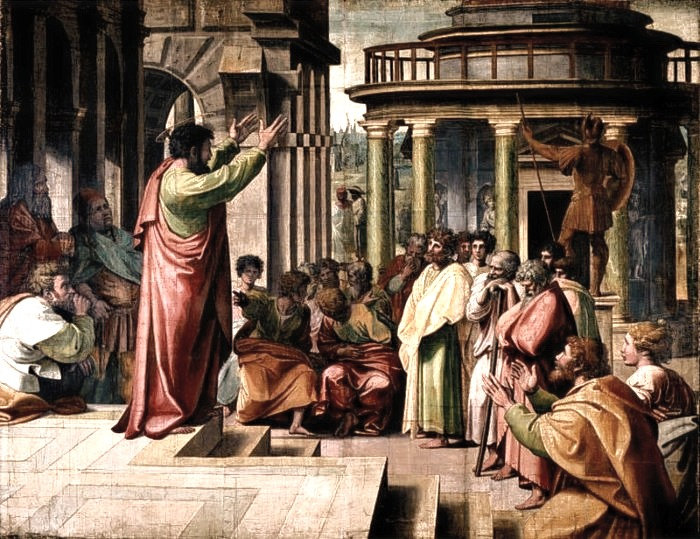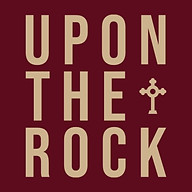- Oct 4, 2016
- 7,236
- 7,313
- 56
- Country
- United States
- Faith
- Oriental Orthodox
- Marital Status
- Single
I'm looking to do more posting on this board, and I found this point in the terms of service for the board very interesting.
This I find interesting because this is my position as well. But I can think of certain prominent groups who believe we are saved through the 10 commandments. They believe we are in fact judged by them in a very literal way especially concerning the Sabbath. And this is much different than general Christianity where we are saved by being "in Christ". And our sanctification itself is a kind of external evidence from that, fruit if you will, and we will want to have lives that basically reflect the 10 commandments at least "According to the Spirit of the Law". My basic position is actually expressed well in this article that I recently discovered and will probably quote from later in this thread.
Now the following article was written largely from a Protestant perspective, I also got a much deeper perspective on the early Church from a historic perspective of Early Church history, Theology and Liturgy that comes from my background in Eastern and Oriental Christianity, and will probably cite that too.

- Although the Law of God is pleasing to a believer it is not a necessary requirement for salvation. (Psalms 119:174; Galatians 3:10, Galatians 5:18)
This I find interesting because this is my position as well. But I can think of certain prominent groups who believe we are saved through the 10 commandments. They believe we are in fact judged by them in a very literal way especially concerning the Sabbath. And this is much different than general Christianity where we are saved by being "in Christ". And our sanctification itself is a kind of external evidence from that, fruit if you will, and we will want to have lives that basically reflect the 10 commandments at least "According to the Spirit of the Law". My basic position is actually expressed well in this article that I recently discovered and will probably quote from later in this thread.
Now the following article was written largely from a Protestant perspective, I also got a much deeper perspective on the early Church from a historic perspective of Early Church history, Theology and Liturgy that comes from my background in Eastern and Oriental Christianity, and will probably cite that too.

The Origins of Sunday Worship in the Early Church - GCI Archive
Visit gci.org and browse Grace Communion International's extensive library of articles on God, the Bible, faith, and the Christian Life.
archive.gci.org
Last edited:



